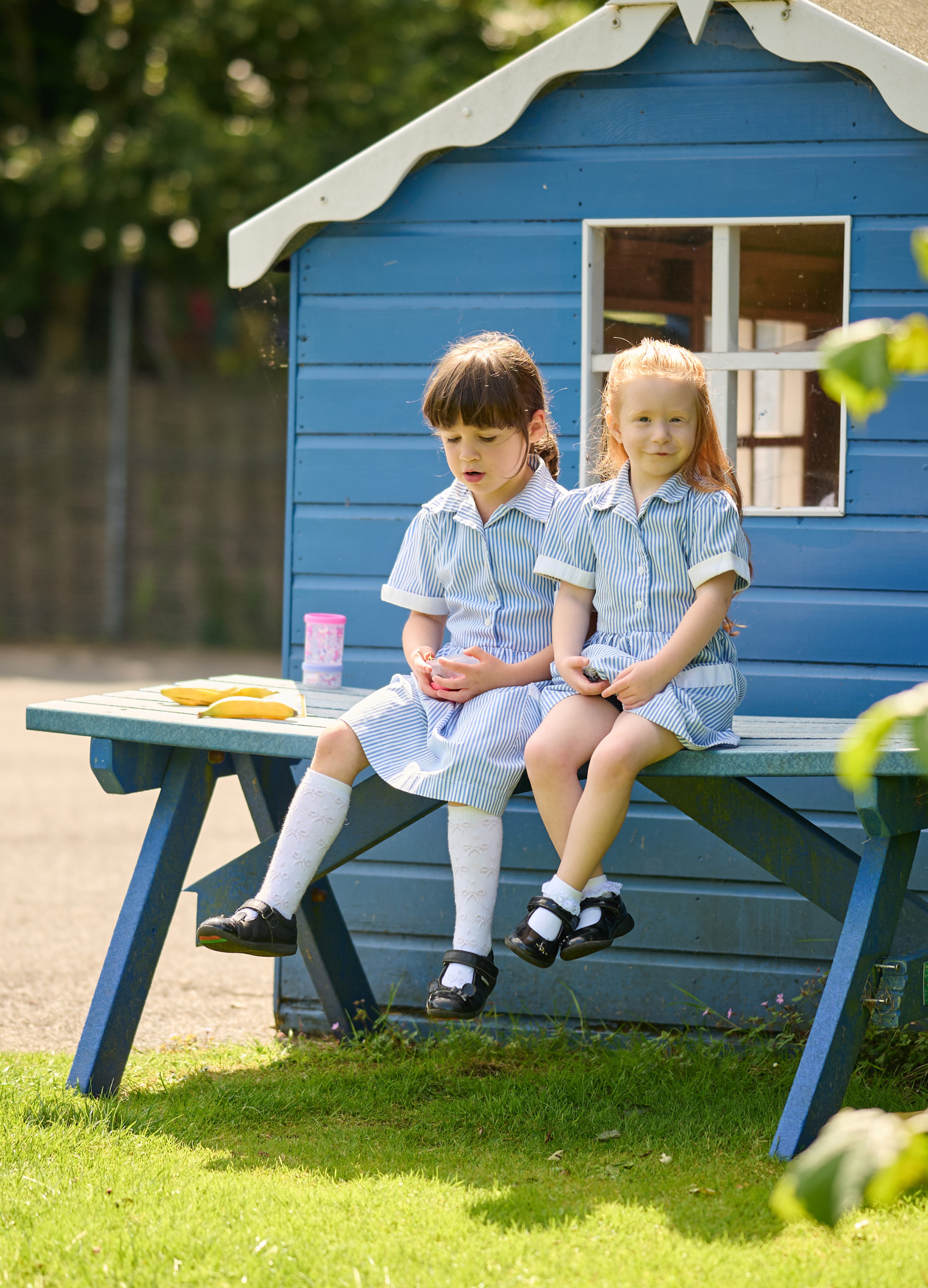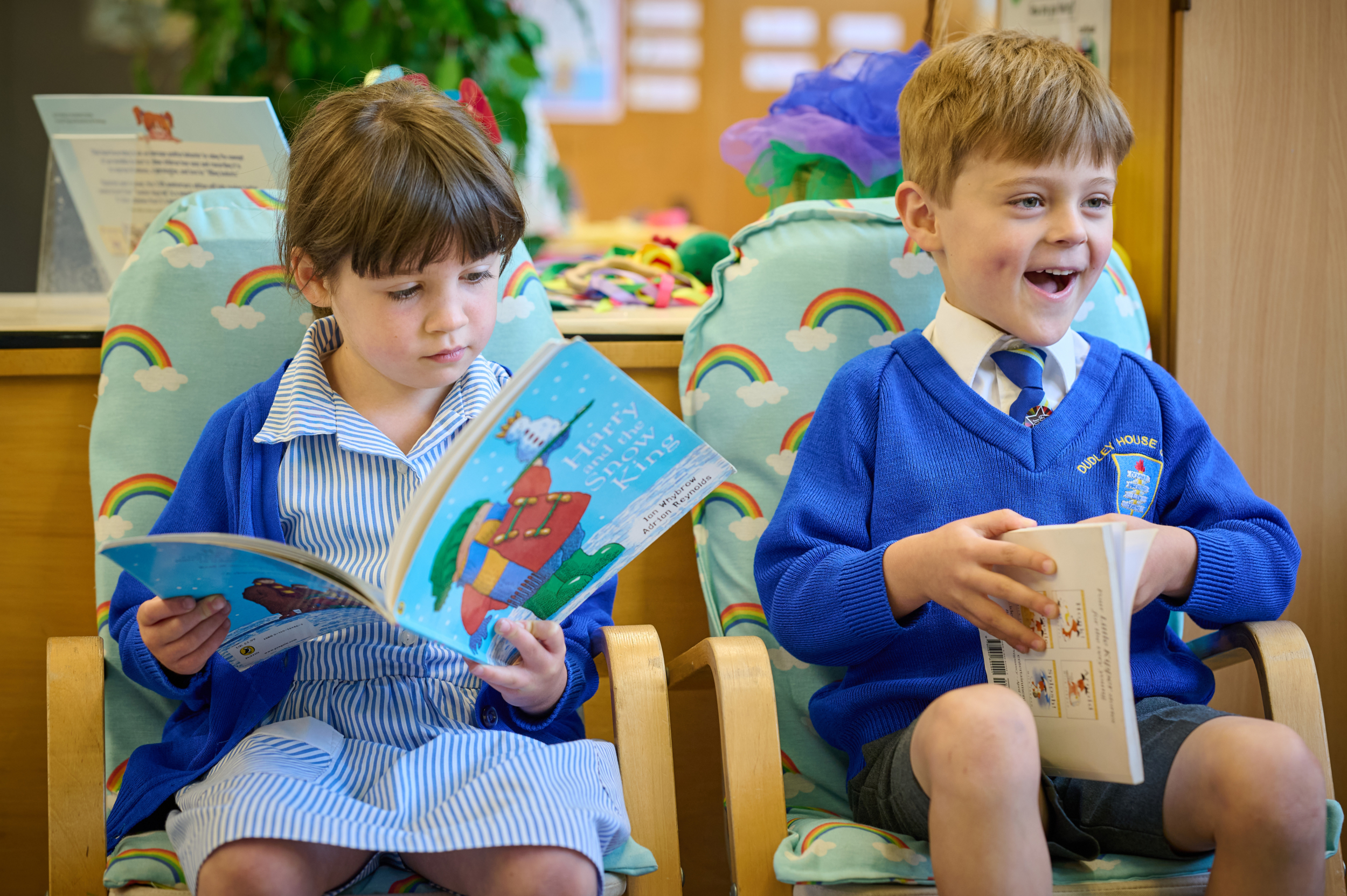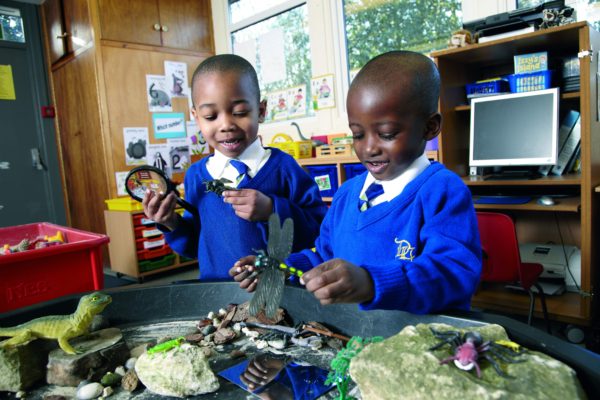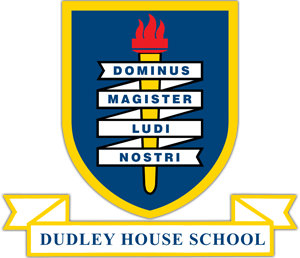
In our Early Years Foundation Stage, children will have the best start to school life. They will learn through structured, stimulating play-based activities matched to children’s interests and needs. The Foundation Stage develops key skills such as speaking and listening, concentrating, perseverance and working with others through a play-based curriculum. The curriculum is planned around a series of themes and topics, each of which offer experiences in all the areas outlined in the Government Early Years Curriculum and Chris Quigley Curriculum.
The Early Years Curriculum is organised into seven areas of learning, split into Prime and Specific areas which lay secure foundations for future learning.
The Prime areas of learning are fundamental to supporting development in all other areas of learning. The three Prime areas of learning are:
Communication and Language
Children are encouraged to speak and listen in a range of situations. They experience a rich language environment and develop their confidence and skills in expressing themselves.
Physical Development
Children discover what their bodies can do and develop co-ordination, control and movement in a variety of ways. They learn the importance of physical activity and how to keep healthy.
Personal, Social and Emotional Development
Each child is respected as an individual and helped to develop self-worth and confidence as they grow and develop personally, socially and emotionally. They are encouraged to form positive relationships, develop social skills and understand appropriate behaviour.

The Specific areas of learning include essential skills and knowledge that children need to acquire in order to participate successfully in society. The four Specific areas of learning are:
Literacy
Children are given access to a wide variety of reading materials to ignite an interest and love of books. They are introduced to sounds and letters and begin to read and write.
Mathematics
They develop and improve their skills in counting, understanding and use of numbers and learn to solve simple addition and subtraction problems. They explore and describe patterns, shapes, spaces and measures.
Expressive Arts and Design
Children will explore, make and respond to music and be engaged in imaginative play. They will use a variety of materials to express themselves creatively.
Understanding the World
The children will use their senses and up to date technology to explore their environment and make exciting discoveries about their world. Delving into the past, present and future.
The Foundation Stage curriculum also includes three Characteristics of Effective Learning which refer to how children learn. They underpin learning and development and support the child to remain an effective and motivated learner. These are considered carefully when setting up our learning environment and planning activities for the children.
Characteristics of Effective Learning
These characteristics guide learning and development, ensuring children remain motivated learners. The three Characteristics of Effective Learning are:
- Playing and exploring – investigating and exploring things, ‘having a go’.
- Active learning – concentration and perseverance, leading to being proud of achievements.
- Creating and thinking critically – developing their own ideas, making links between ideas and developing strategies for doing things.


